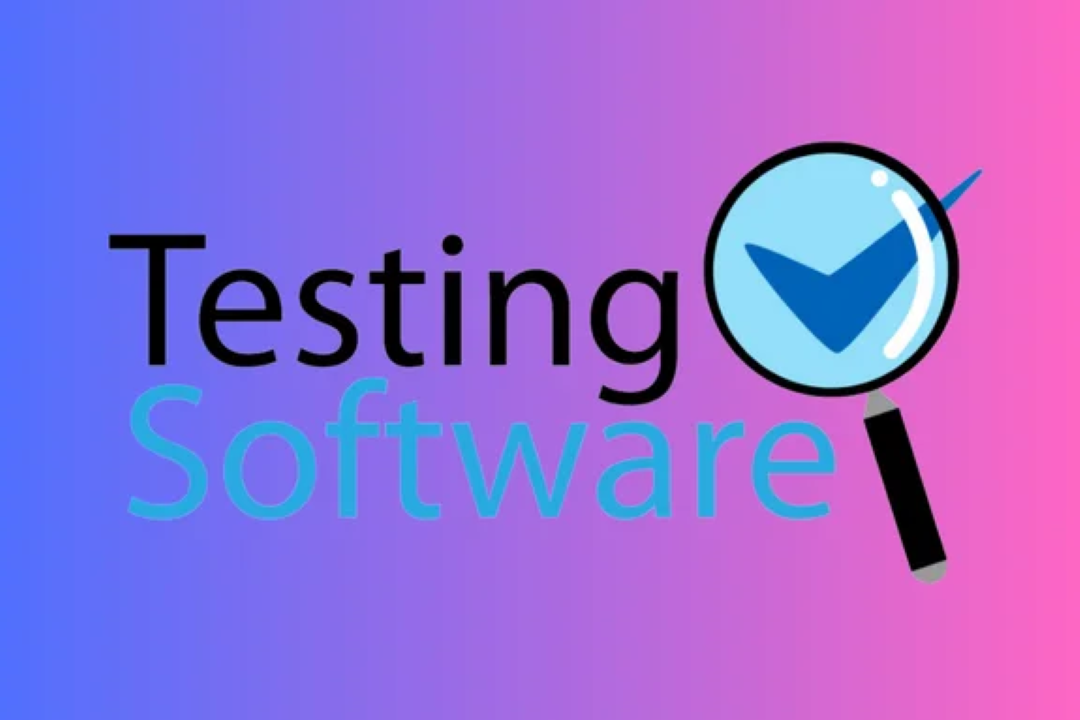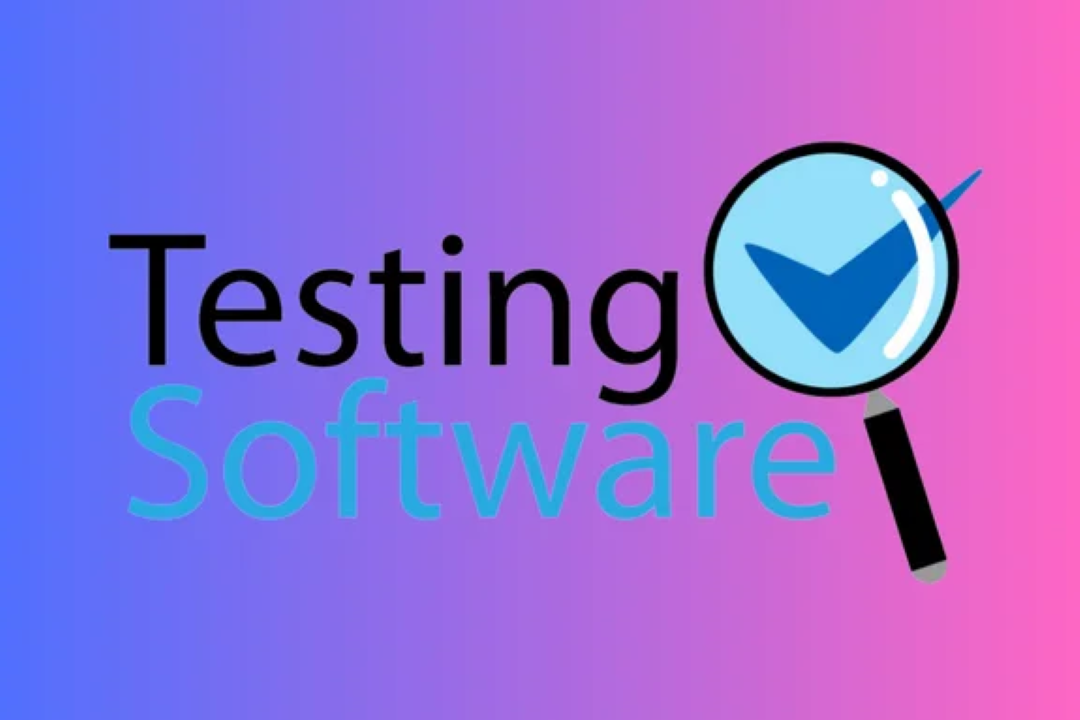Qspider Advance Selenium Course Content
The QSpider Advanced Selenium Course delves into the intricacies of automation testing using Seleniu
Qspider Advance Selenium Course Content
The QSpider Advanced Selenium Course is designed to equip participants with in-depth knowledge and hands-on experience in automation testing, making it a pivotal resource for aspiring QA professionals. The course covers advanced topics such as Selenium WebDriver, Cucumber, TestNG, and various automation frameworks, emphasizing real-time project work to foster practical application of learned concepts. By mastering these tools and techniques, learners can enhance their skill set, improve testing efficiency, and ensure the delivery of high-quality software products, which is crucial in today’s fast-paced development environments. This course not only prepares individuals for the demands of the industry but also boosts their career prospects in the competitive field of software testing.
To Download Our Brochure: https://www.justacademy.co/download-brochure-for-free
Message us for more information: +91 9987184296
The QSpider Advanced Selenium Course is designed to equip participants with in depth knowledge and hands on experience in automation testing, making it a pivotal resource for aspiring QA professionals. The course covers advanced topics such as Selenium WebDriver, Cucumber, TestNG, and various automation frameworks, emphasizing real time project work to foster practical application of learned concepts. By mastering these tools and techniques, learners can enhance their skill set, improve testing efficiency, and ensure the delivery of high quality software products, which is crucial in today’s fast paced development environments. This course not only prepares individuals for the demands of the industry but also boosts their career prospects in the competitive field of software testing.
Course Overview
The QSpider Advanced Selenium Course offers an extensive curriculum aimed at providing participants with deep insights into automation testing through Selenium. Covering essential topics such as Selenium WebDriver, TestNG, Cucumber, and various automation frameworks, the course emphasizes hands-on learning with real-time projects to ensure practical application of the theories. Participants will explore advanced testing techniques, best practices, and frameworks to enhance their testing strategies. The course is designed to equip learners with the necessary skills to excel in the software testing domain, making them proficient in delivering high-quality software solutions in ever-evolving technology landscapes. By the end of the course, participants will be well-prepared to tackle challenges in automation testing and advance their careers in this vital area of software development.
Course Description
The QSpider Advanced Selenium Course offers a comprehensive and in-depth exploration of automation testing using Selenium. Designed for individuals seeking to enhance their skills, the course covers critical topics including Selenium WebDriver, TestNG, Cucumber, and the implementation of various automation frameworks. Participants will engage in practical, real-time projects that allow them to apply learned concepts effectively, ensuring a robust understanding of automation testing methodologies. With a focus on advanced testing techniques and industry best practices, this course is ideal for those looking to strengthen their expertise and advance their careers in software testing, positioning them to meet the demands of the rapidly evolving tech landscape. By the end of this course, learners will emerge equipped with the knowledge and practical experience necessary to perform high-quality automation testing in real-world scenarios.
Key Features
1 - Comprehensive Tool Coverage: Provides hands-on training with a range of industry-standard testing tools, including Selenium, JIRA, LoadRunner, and TestRail.
2) Practical Exercises: Features real-world exercises and case studies to apply tools in various testing scenarios.
3) Interactive Learning: Includes interactive sessions with industry experts for personalized feedback and guidance.
4) Detailed Tutorials: Offers extensive tutorials and documentation on tool functionalities and best practices.
5) Advanced Techniques: Covers both fundamental and advanced techniques for using testing tools effectively.
6) Data Visualization: Integrates tools for visualizing test metrics and results, enhancing data interpretation and decision-making.
7) Tool Integration: Teaches how to integrate testing tools into the software development lifecycle for streamlined workflows.
8) Project-Based Learning: Focuses on project-based learning to build practical skills and create a portfolio of completed tasks.
9) Career Support: Provides resources and support for applying learned skills to real-world job scenarios, including resume building and interview preparation.
10) Up-to-Date Content: Ensures that course materials reflect the latest industry standards and tool updates.
Benefits of taking our course
Functional Tools
1 - Selenium WebDriver
Selenium WebDriver is a core component of the QSpider Advanced Selenium Course, serving as the primary tool for automating web applications. It allows students to write scripts in multiple programming languages such as Java, C#, and Python. With WebDriver, learners understand how to interact with web elements, navigate through web pages, and perform various actions like clicks and form submissions. The course emphasizes practical hands on sessions where students build their own test scripts, enhancing their grasp of real world scenarios in test automation.
2) TestNG
TestNG is a testing framework inspired by JUnit but designed to introduce some new functionalities that make it more powerful. In the course, students learn to create and manage test cases effectively using TestNG annotations. The framework supports parallel execution of test cases, parameterization, and data driven testing, allowing learners to write more efficient and organized tests. Students also explore features like reporting tools and test case management, which are essential for maintaining code quality in large projects.
3) Apache Maven
Maven is utilized in the course to manage project dependencies and build lifecycle. Students learn how to configure a Maven project, handle external libraries, and leverage Maven’s capabilities for automated builds and version control. Understanding how to set up a project with Maven allows learners to focus on writing tests without worrying about the underlying configuration complexities. The course covers creating a POM (Project Object Model) file and executing different Maven commands, which are critical for integrating with continuous integration systems.
4) Jenkins
Jenkins is a popular continuous integration (CI) tool taught in the QSpider Advanced Selenium Course. Students are introduced to the concept of integrating automation tests into the CI/CD pipeline using Jenkins. They learn how to set up Jenkins jobs to trigger automated test scripts upon code commits, facilitating faster and quality driven software releases. The course emphasizes best practices for configuring Jenkins, monitoring test results, and generating reports, giving learners a comprehensive understanding of automation in a team environment.
5) Git and GitHub
Version control is critical in software development, and the course covers Git and its online hosting service, GitHub. Students learn how to use Git for version control, manage branches, and collaborate on projects seamlessly. Understanding Git commands and workflows such as commits, merges, and pull requests equips learners with essential skills for working within development teams. The practical sessions include hosting projects on GitHub, which benefits students by enhancing their portfolios and providing experience in collaborative development practices.
6) Browser Developer Tools
Familiarizing students with browser developer tools is integral to the course, as these are essential for debugging and inspecting web applications. Learners explore how to use tools such as Chrome DevTools for examining HTML elements, modifying CSS in real time, and monitoring network activities. This knowledge equips students with the skills to identify issues in web applications, helping them write more effective automated tests. The practical exercises encourage learners to leverage these tools for better test scripting and validation of web elements.
Here are additional key areas covered in the QSpider Advanced Selenium Course:
7) Page Object Model (POM)
The Page Object Model is a design pattern used to enhance test maintenance and reduce code duplication. Students learn how to structure their test automation code using POM, which separates the representation of web pages from the tests themselves. This approach improves readability and eases the process of maintaining test scripts as changes occur in the application. Practical sessions include creating page classes and methods to interact with web elements, fostering a modular and organized codebase.
8) Data Driven Testing
Data Driven Testing is a critical technique covered in the course, allowing testers to run the same test with multiple sets of input data. Students learn how to use external data sources like Excel files, CSVs, and databases to feed data into their test scripts. This method enables comprehensive testing of the application under different scenarios, ensuring better coverage and identifying edge cases. The course includes exercises on implementing data driven frameworks, enhancing the versatility and effectiveness of test scripts.
9) Implicit and Explicit Waits
Understanding synchronization in test automation is paramount, and the course teaches the concepts of Implicit and Explicit Waits in Selenium. Students learn how to manage dynamic web elements that load at different times, thereby avoiding flaky tests. The distinctions between these wait strategies are emphasized, helping learners select the appropriate method based on the testing scenario. Practical examples and exercises reinforce these concepts, ensuring that students can effectively handle synchronization issues in their automation scripts.
10) Handling Alerts, Pop ups, and Frames
In many web applications, alerts, pop ups, and iframes can pose challenges for automation. The course covers techniques to handle these elements effectively. Students learn how to switch between windows and frames, interact with JavaScript alerts, and manage modal dialogs. These skills are essential for creating robust tests that can interact with real world web applications and provide accurate validation of functionalities.
11 - Mobile Testing with Appium
As mobile applications gain popularity, understanding mobile testing becomes increasingly essential. The course introduces Appium as a solution for automating mobile applications. Students learn how to set up Appium environments, write automated tests for both iOS and Android, and handle mobile specific elements. By engaging with mobile testing, learners broaden their automation expertise, preparing them for the demands of modern application testing.
12) Framework Development
In addition to tools, students delve into developing custom automation frameworks tailored to specific project needs. The course guides learners through creating a robust framework using best practices, incorporating libraries and tools like Selenium, TestNG, and Maven. Students engage in hands on projects to develop a complete automation framework from scratch, emphasizing coding standards, reusability, and maintainability.
13) Reporting and Logging
Effective test reporting and logging techniques are crucial for identifying issues and communicating results. The course covers various reporting tools and libraries that can be integrated into Selenium tests, such as ExtentReports and Log4j. Students learn to generate HTML reports that provide insights into test execution, including pass/fail status and detailed logs of test execution steps. This knowledge equips them to present clear and comprehensive reports to stakeholders.
14) Performance Testing Integration
Understanding the performance impact of automated tests is vital, and the course introduces learners to integrating performance testing with automation tools like JMeter. Students explore how to conduct load tests alongside their automated UI tests, ensuring the application performs well under different conditions. Practical sessions offer insights into how performance characteristics can affect user experience and how to measure them effectively as part of an automation suite.
15) Soft Skills and Best Practices in Automation Testing
Beyond technical skills, the course emphasizes the importance of soft skills in automation testing. Students learn about team collaboration, communication strategies, and effective problem solving techniques. They also explore best practices for writing maintainable code, adhering to design principles, and ensuring compliance with industry standards. These insights prepare learners to work efficiently in diverse teams and contribute positively to project success.
By covering these additional points, participants in the QSpider Advanced Selenium Course are better equipped to excel in the fast evolving field of software testing, gaining comprehensive knowledge and hands on experience that prepares them for real world challenges.
Browse our course links : https://www.justacademy.co/all-courses
To Join our FREE DEMO Session: Click Here
This information is sourced from JustAcademy
Contact Info:
Roshan Chaturvedi
Message us on Whatsapp:
Email id: info@justacademy.co
What Are The Steps To Learn Flutter












